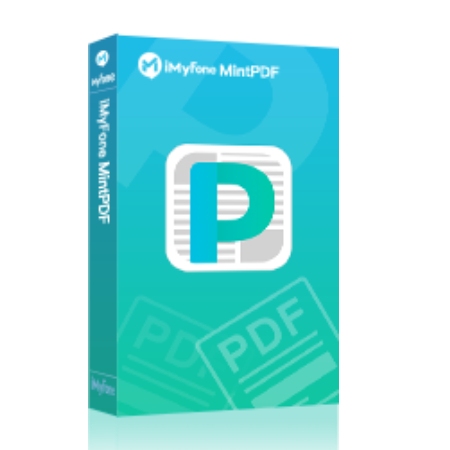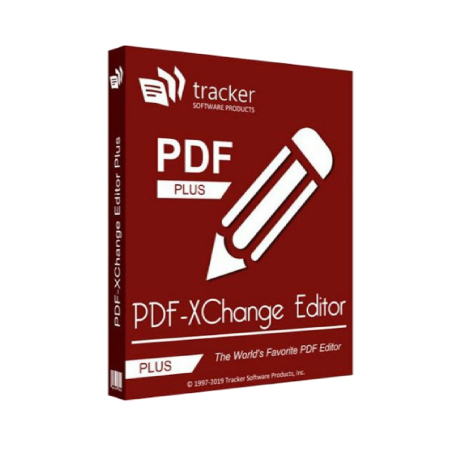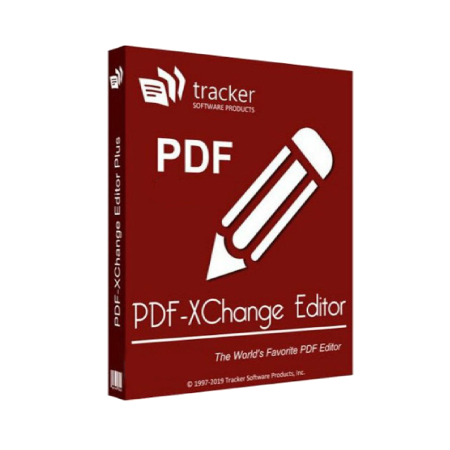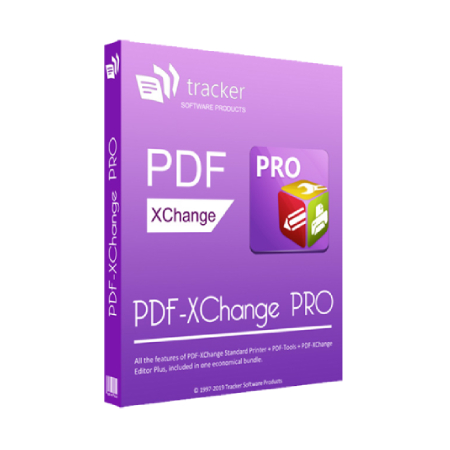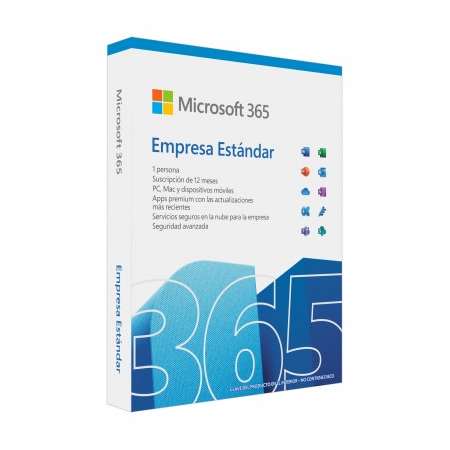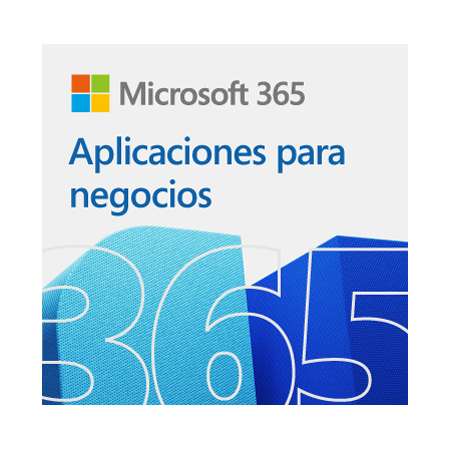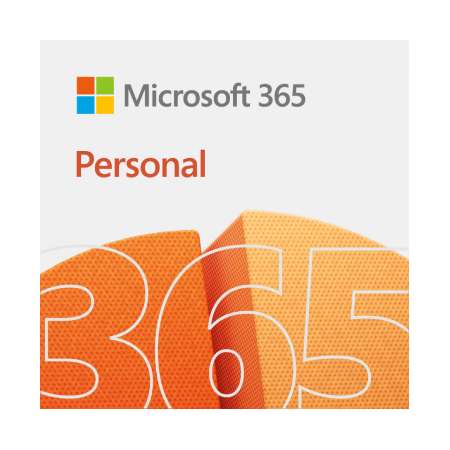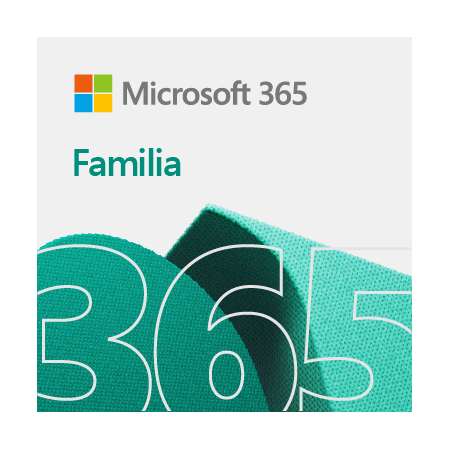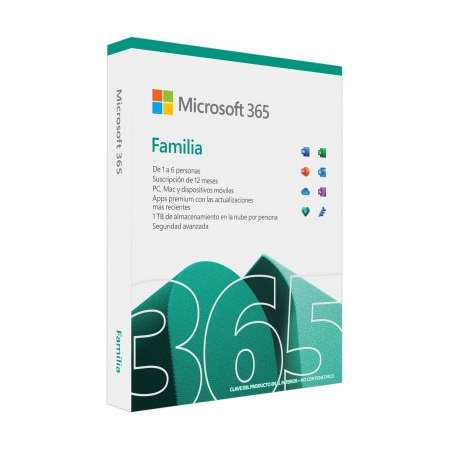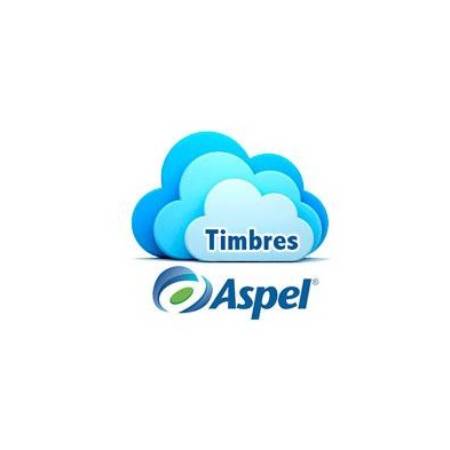TIENDA DE SOFTWARE ORIGINAL EN MEXICO
Como distribuidor autorizado de software en México somos una tienda de software online especializada en la venta de software de alta calidad.
Nuestros Socios:


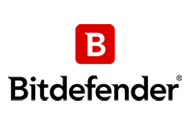
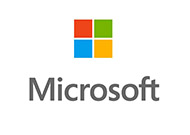


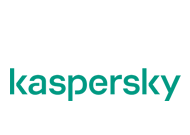
En nuestro software shop, vendemos una amplia variedad de software digital y físico, desde sistemas operativos, seguridad para computadoras del hogar y empresas como servidores, workstations y dispositivos móviles hasta programas de edición de audio y video.
OBTENGA UNA CONSULTA GRATUITA
¿Buscas un distribuidor autorizado de software en Mexico?
¡No busques más! en https://tiendadesoftware.com.mx/ Todos los programas que vendemos son de las marcas líderes en el mercado y cuentan con las últimas actualizaciones y mejoras. Además, nuestra tienda de software ofrece servicios de instalación y soporte técnico para asegurarnos de que nuestros clientes obtengan el máximo rendimiento. Como distribuidor autorizado de software en México, nos aseguramos de ofrecer el mejor servicio y el mejor precio. ¡Explora nuestra página web para encontrar el software perfecto para ti!

Tienda de software original respaldado por la ley
En nuestro software shop, entendemos la gran importancia de contar con software original en todos tus dispositivos. Por eso, nos enorgullece vender solo software original de las marcas líderes en el mercado.

Seguridad de tus datos en todas tus compras.
En nuestra tienda de software, la seguridad de tus compras es nuestra prioridad. Por eso trabajamos solo con proveedores de renombre para asegurar la mayor seguridad para ti, para tu hogar y tu negocio.

Venta de Software físico Original (En Caja)
El software físico en caja es una opción muy popular para las auditorias y para aquellas personas que prefieren tener una copia tangible del programa y no depender de una conexión a internet para su instalación.

Soporte técnico del fabricante garantizado.
Esto significa que, al adquirir software a través de nosotros, tendrá acceso al soporte técnico directo de los desarrolladores del programa con garantías y soporte técnico directo de los fabricantes.

Software innovador que lidera el mercado.
En nuestra tienda de software nos esforzamos por mantenernos al día con las últimas tendencias y actualizaciones en el mundo del software, para poder ofrecerle siempre las mejores soluciones tecnológicas.

Contamos con oficinas y técnicos para atenderte.
Nuestra tienda de software cuenta con oficinas físicas para brindarte la mejor atención. Si necesitas ayuda con tu compra, con algún producto o tienes alguna pregunta en general, no dudes en visitarnos.
Tienda de Software (Editores PDF)
¡Vendemos software original especializado en empresas para impulsar tu negocio al éxito!
En nuestra tienda vendemos software innovador para ayudarte a maximizar tu productividad y mejorar tus procesos de trabajo. Nuestros productos son desarrollados por expertos en el campo y están diseñados para satisfacer las necesidades de nuestros clientes. Estamos comprometidos en brindar soluciones tecnológicas de vanguardia que te ayuden a alcanzar tus objetivos.
- PDF-X EDITOR PLUS EDICIÓN LIBRE DE ARCHIVOS PDF 3 USUARIOS 1-3 AÑOS
- CCLEANER PROFESSIONAL SOFTWARE PARA LIMPIAR Y OPTIMIZAR TU PC LICENCIA ORIGINAL 1 USUARIO 1 AÑO
- COREL CORELDRAW GRAPHICS SUITE AGONSTIC, SUSCRIPCIÓN DE 1 AÑO, PRODUCTO CAJA
- MICROSOFT WINDOWS 11 PRO, 64-BIT, 1 PC, PLURILINGÜE, PRODUCTO ESD DIGITAL KEY
¡Somos La tienda de software líder en protección antivirus! Protege tu dispositivo con los mejores antivirus disponibles en nuestra tienda.
https://tiendadesoftware.com.mx/ es un lugar donde puedes comprar o descargar diferentes tipos de software para tu computadora o dispositivo móvil. Uno de los tipos de software más populares que se venden en las tiendas de software son los programas antivirus. Los antivirus ligeros son esenciales para proteger tu dispositivo de virus y software malicioso. Algunos de los antivirus disponibles en nuestra tienda de software incluyen Avast, ESET NOD32, Kaspersky, Panda, 360, Norton, AVG y NOD32. Entre ellos, Avast Free Antivirus es una opción gratuita que ofrece una protección muy básica para tu ordenador. También hay opciones de antivirus específicas para móviles, como el Antivirus Avast para Android y el Antivirus AVG para Android. Al comprar un antivirus en una tienda de software, es importante asegurarse de elegir el mejor producto para satisfacer tus necesidades de seguridad.
Antivirus baratos y de alta calidad para garantizar la seguridad de tu equipo.
-
 SALE
SALEANTIVIRUS FOR MAC BITDEFENDER, 1 USUARIO, 1 AÑOS, PRODUCTO ESD DIGITAL KEY
$304.90 Añadir al carrito -
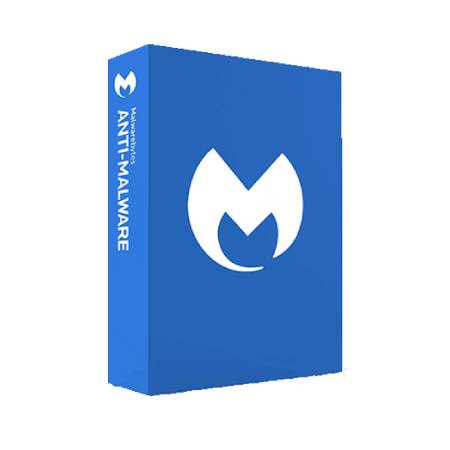 SALE
SALEANTIVIRUS MALWERBYTES PERSONAL + VPN PARA WINDOWS, MAC, ANDROID, IOS, 1 DISPOSITIVO, 1 AÑO, PRODUCTO ESD DIGITAL KEY
$59.00 Añadir al carrito -
 SALE
SALEANTIVIRUS+ SECURITY TREND MICRO PARA WINDOWS, 1 USUARIO, 1 AÑO, PRODUCTO ESD DIGITAL KEY
$25.00 Añadir al carrito -
 SALE
SALESMART SECURITY PREMIUM ESET, 6 USUARIOS, 1 AÑO, PARA WINDOWS/MAC/ANDROID, PRODUCTO ESD DIGITAL KEY
$88.00 Añadir al carrito -
 SALE
SALEANTIVIRUS PLUS NORTON, 1 USUARIO, 1 AÑO, WINDOWS/MAC, PRODUCTO ESD DIGITAL KEY
$19.00 Añadir al carrito -
 SALESALE
SALESALEZONEALARM EXTREME SECURITY PARA WINDOWS, IOS, ANDROID, 1 DISPOSITIVO, 1 AÑO, PRODUCTO ESD DIGITAL KEY
$543.40 Añadir al carrito -
 SALE
SALEG DATA INTERNET SECURITY G-DATA, 1 AÑO, 1 DISPOSITIVO, WINDOWS, MAC, LINUX, ANDROID, PRODUCTO ESD DIGITAL KEY
$31.47 Añadir al carrito -
 SALE
SALEPANDA DOME COMPLETE PARA WINDOWS, ANDROID, MAC, IOS, 1 AÑO, 1 DISPOSITIVO, PRODUCTO ESD DIGITAL KEY
$35.00 Añadir al carrito
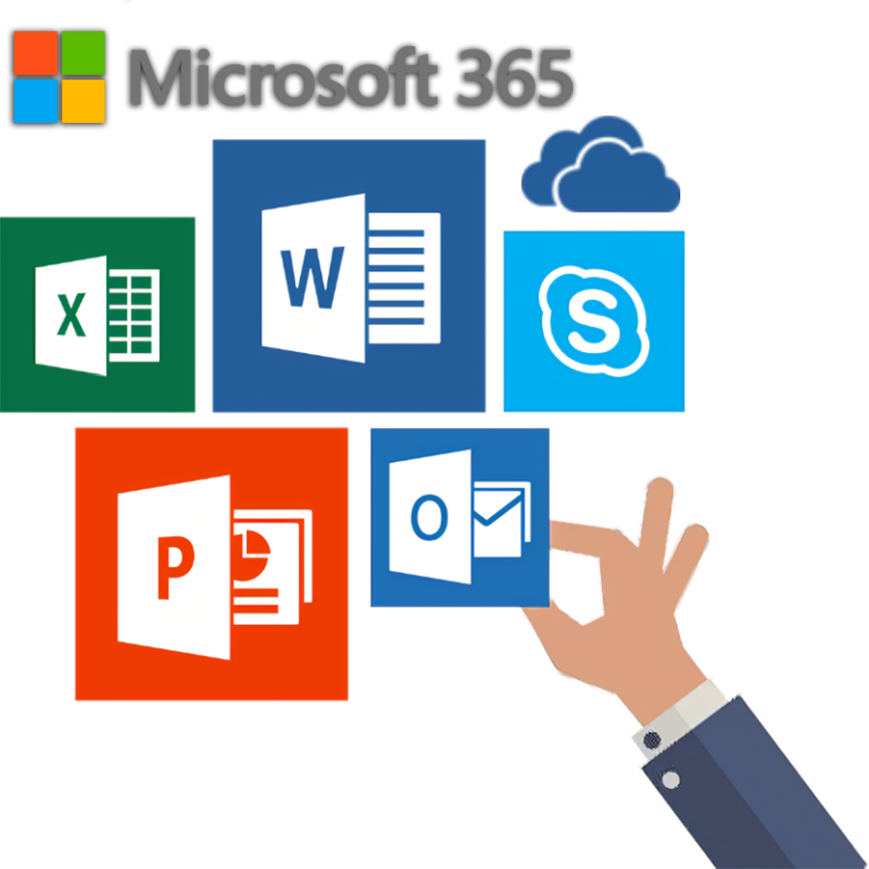
¿Estás buscando una solución completa para tu negocio o empresa?
Entonces Microsoft 365 es la opción perfecta para ti. Con Microsoft 365, obtendrás acceso a herramientas de productividad como Microsoft Office y Microsoft Server, además de una licencia de Windows 10 Pro y una clave de activación.
Somos un distribuidor autorizado de Microsoft en México y ofrecemos una amplia variedad de soluciones de software de Microsoft para satisfacer las necesidades de cualquier tipo de organización. Si estás buscando un distribuidor autorizado de Microsoft en México, ¡has venido al lugar correcto!
En nuestra tienda, podrás encontrar productos de Microsoft como licencias de Windows 10 Pro, claves de activación, Microsoft 365, Microsoft Office, y Microsoft Server. También ofrecemos asesoramiento y soporte para ayudarte a implementar y administrar cualquiera de estos productos.
Licencias Originales de Microsoft 365
Software Microsoft Físico/Caja Original
-
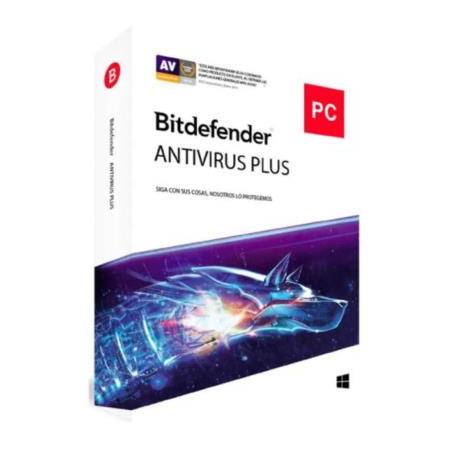 SALE
SALEANTIVIRUS PLUS BITDEFENDER PARA WINDOWS, 1 USUARIO, 1 AÑO, PRODUCTO CAJA
$18.00 Añadir al carrito -
 SALE
SALEANTI-VIRUS KASPERSKY, 10 USUARIOS, 1 AÑO, ANTIVIRUS PARA WINDOWS/MAC/ANDROID, PRODUCTO CAJA
$73.00 Añadir al carrito -
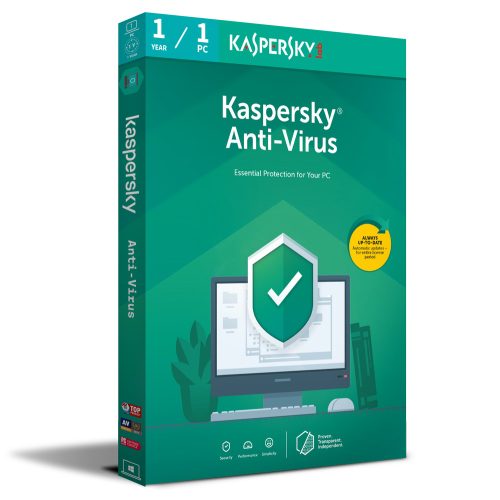 SALE
SALEANTI-VIRUS KASPERSKY, 1 USUARIO, 1 AÑO, ANTIVIRUS WINDOWS/MAC/ANDROID, PRODUCTO CAJA
$18.00 Añadir al carrito -
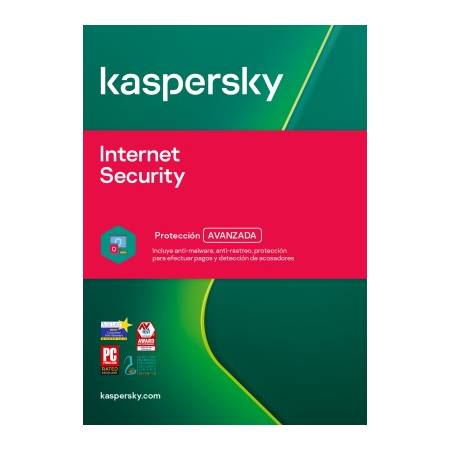 SALE
SALEKASPERSKY INTERNET SECURITY, 1 DISPOSITIVO, 1 AÑO WINDOWS/MAC, PRODUCTO CAJA
$29.00 Añadir al carrito
¡Somos la tienda de software Lider en Tijuana y en todo Mexico!
Si estás buscando una tienda de software en Tijuana, Mexico, confiable y con una amplia variedad de productos, visita nuestra sucursal ubicada en Tijuana, Mexico. No dudes en visitarnos o en contactarnos para obtener más información.
https://tiendadesoftware.com.mx/ Como distribuidor autorizado de software, ofrece un gran catálogo de productos de las principales marcas en el mercado. Ofrecemos soluciones para todo tipo de negocios, desde tiendas de abarrotes, tiendas de ropa, tiendas de muebles, tiendas de mascotas, tiendas en línea, hasta servicios médicos y soluciones para el gobierno.
Recupera tus datos valiosos con la ayuda de nuestra tienda de software de recuperación de datos
Nuestros productos de software de recuperación de datos es una excelente opción para aquellos que buscan recuperar información perdida o eliminada accidentalmente.
También ofrecemos servicios de recuperación de datos profesionales para casos más complejos y delicados. Estamos comprometidos en brindar soluciones eficaces y confiables para la recuperación de datos de manera rápida y eficiente.
En resumen, si estás buscando una tienda de software de recuperación de datos confiable y con una amplia variedad de productos, no dudes en visitarnos o en contactarnos para obtener más información sobre nuestros productos y servicios.

Tienda de Software de Contabilidad en Tijuana
¿Estás interesado en vender software en México? nuestra tienda puede ayudarte. Ofrecemos atractivas comisiones en una amplia variedad de productos y estamos dispuestos a ayudarte en cada paso del proceso de venta.
SUCURSAL TIJUANA
Dirección: Blvd. Gustavo Diaz Ordaz 123, Contreras, CP: 22106 Tijuana, B.C. Llame al (664) 589-91-91 para programar tu entrega o recolección.
Dirección: Blvd. Gustavo Diaz Ordaz 123, Contreras, CP: 22106 Tijuana, B.C. Llame al (664) 589-91-91 para programar tu entrega o recolección.
Dirección
Blvd. Gustavo Diaz Ordaz 123, Contreras, CP: 22106 Tijuana, B.C.
Llámanos Ya
+52 664 589-91-91
Horario laboral
9:00 Am - 6: 00 Pm
NUESTRAS MARCAS:
Microsoft | Google | Kaspersky | ESET | Symantec | Trend Micro | Bitdefender | Adobe | Corel | Wondershare | Tracker Software | DropBox | AnyDesk | Malwarebytes | iMyFone | Ashampoo |
| AutoDesk | Piriform | TeamViewer |
CATEGORÍAS DESTACADAS:
Productividad | Archivos PDF | Outlook | Audio | Diseño | Fotografía | Recuperación de datos | Antivirus | Sistemas operativos |
Entradas recientes
Contactanos
Copyright © 2023. Todos los derchos reservados.
Developed by https://rafatech.com.mx/



